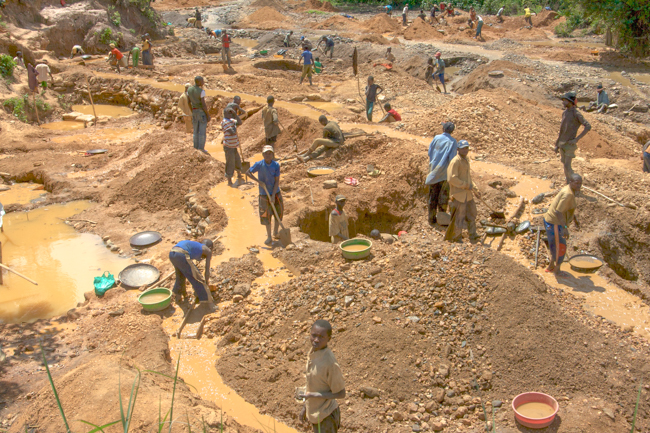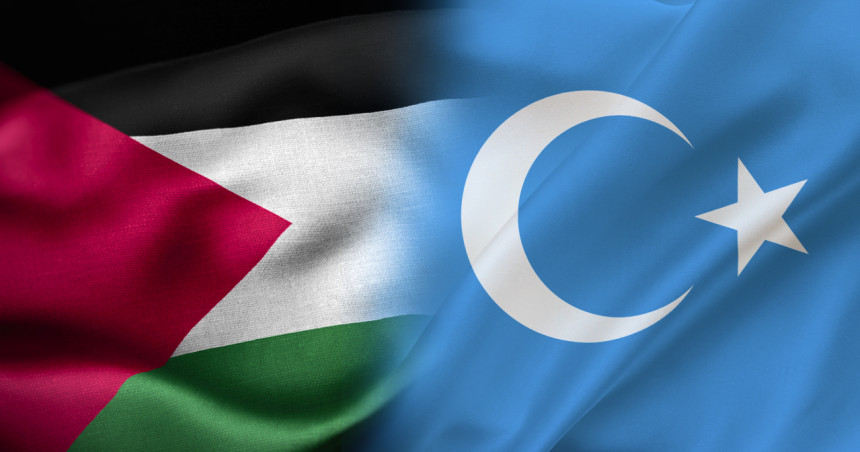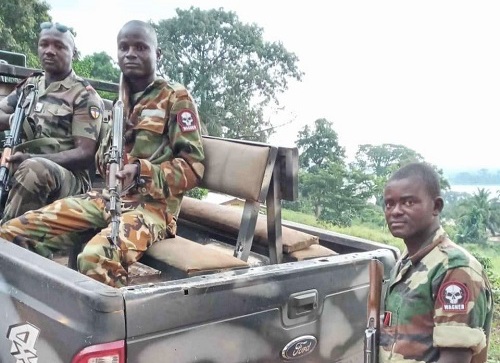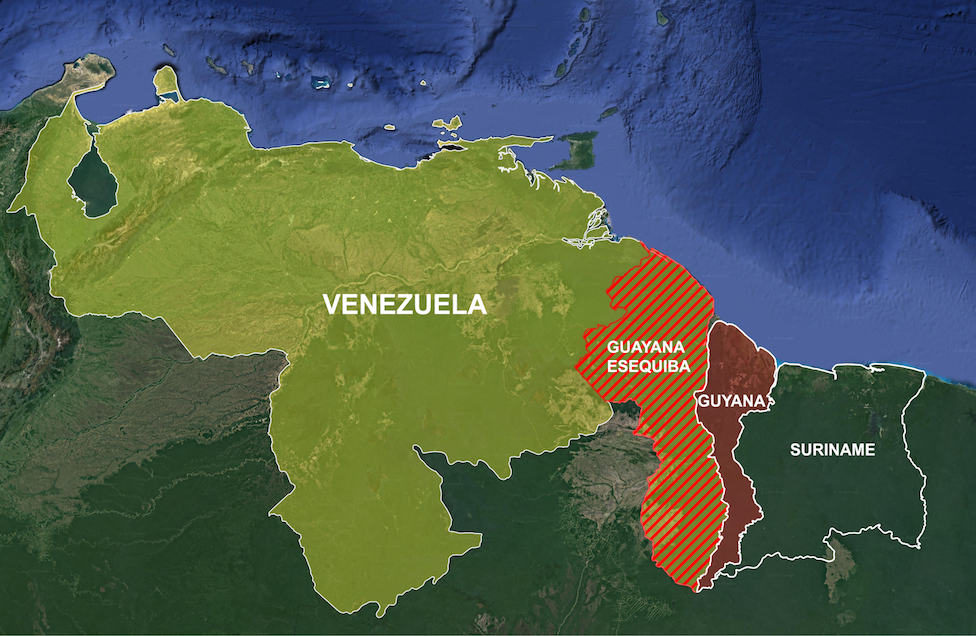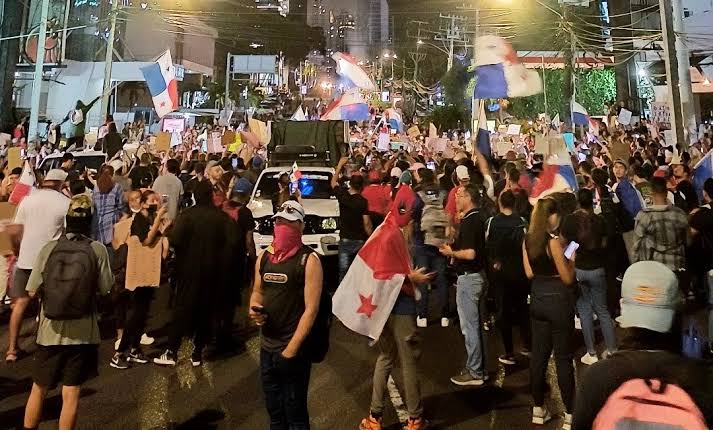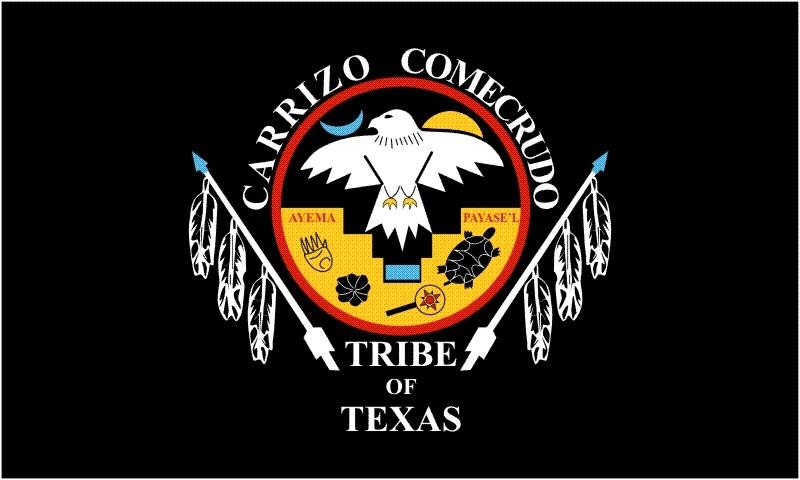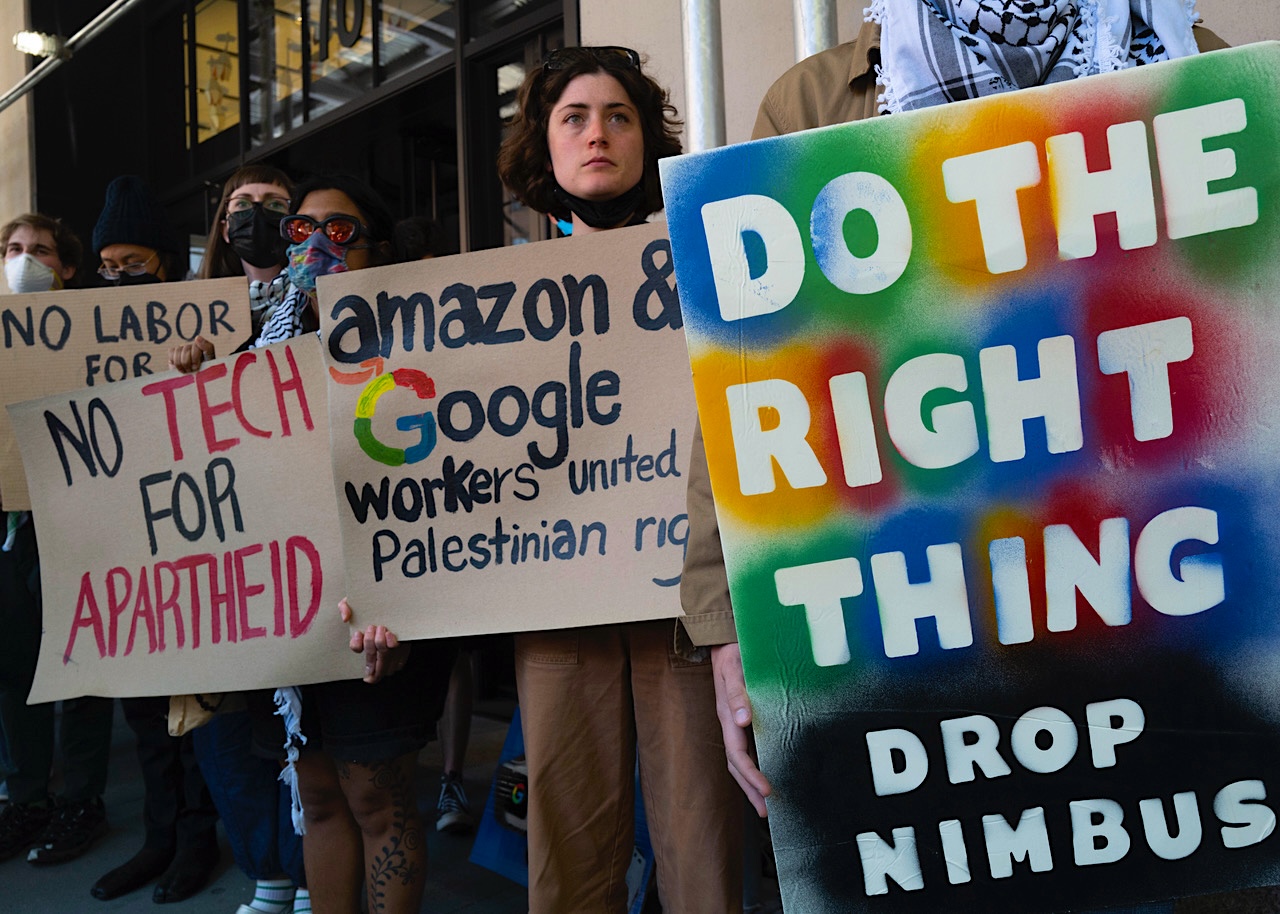
Google fires employees who protested Israel contract
Google fired 28 workers after dozens of employees participated in sit-ins at the company’s offices in New York City and Sunnyvale, Calif., to protest a cloud computing contract with the Israeli government. Several were arrested at both locations. Tensions had been building between management and activist employees over Project Nimbus, a $1.2 billion joint Google-Amazon deal to supply the Israeli government with cloud services, including artificial intelligence. Google employees affiliated with the group that organized the sit-ins, No Tech for Apartheid, said in a statement that the firings were “a flagrant act of retaliation.” The use of artificial intelligence to generate potential targets appears to have contributed to the destructive nature of the current war on the Gaza Strip, an investigation by progressive Israeli website +972 recently revealed. (Photo: Q Sakamaki/The Village Sun)




